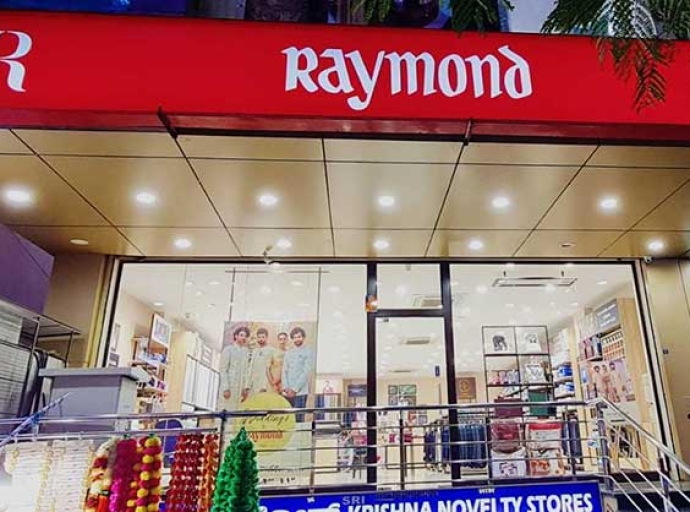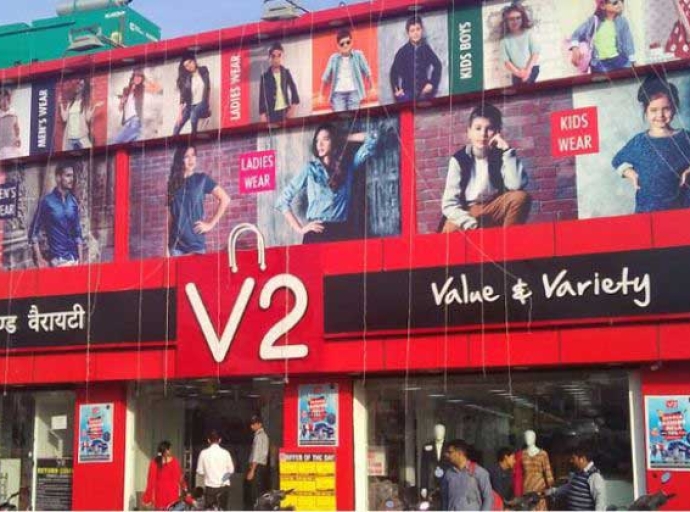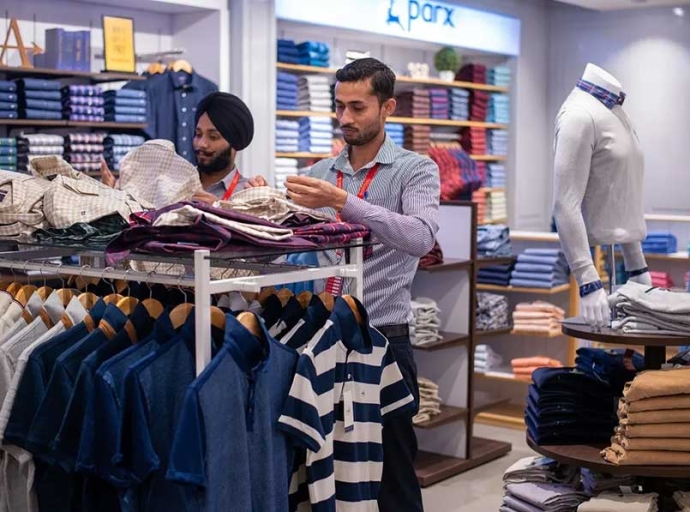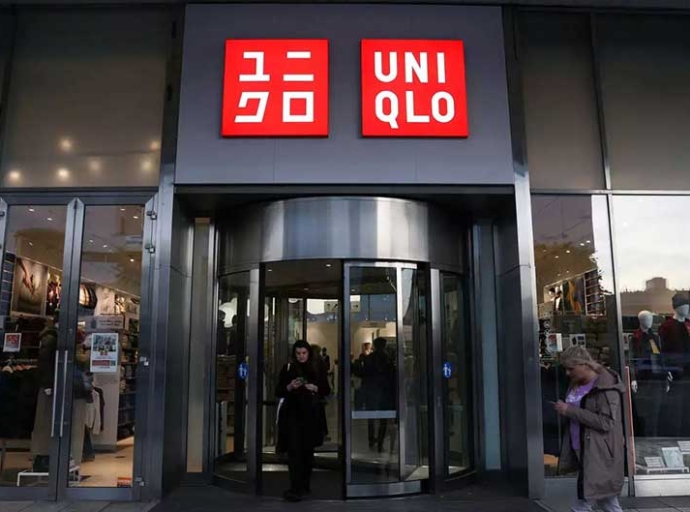28 August 2025, Mumbai
The global fashion industry is facing a paradox it has never faced before: consumers are becoming harder to reach not because of rising sophistication, but because of a measurable decline in intellectual and cognitive capacities.
Research points to a steady fall in reasoning, problem-solving, and literacy levels across the world, a trend that complicates the way fashion brands must communicate, particularly in culturally complex and demographically diverse markets like India.
In an industry long built on nuance, aspiration, and layered storytelling, the growing simplicity of consumer intellect forces a fundamental rethink.
What does it mean to sell exclusivity and artistry to a population with shorter attention spans, reduced literacy, and a preference for quick, visual information?
Fashion Guru
Understanding the cognitive decline
The evidence for declining consumer intellect is sobering. Studies across high-income countries reveal that cognitive abilities have been falling over the past two decades.
This is not just about IQ tests; it extends to functional literacy, reasoning, and comprehension.
In the US, for example, 21 per cent of adults are functionally illiterate and 54 per cent read below a 6th-grade level, a staggering figure in one of the world’s largest consumer markets.
The causes are layered. One of them is the ‘digital distraction’. Constant notifications and endless scrolling have fractured attention spans.
Then there is the whole issue of educational gaps as schools are failing to build deep critical thinking skills. Lifestyle shifts is another cause, poor nutrition, less sleep, and substance abuse further dull cognitive performance.
Data compiled by Financial Times and Wall Street Journal shows a clear decline across subjects.
Join our group
Table: Understanding cognitive decline
|
Subject
|
2006 Score (approx.)
|
2022 Score (approx.)
|
Change
|
|
Teenagers
|
|
|
|
|
Science
|
510
|
490
|
-20
|
|
Reading
|
505
|
485
|
-20
|
|
Maths
|
500
|
480
|
-20
|
|
Adults
|
|
|
|
|
Numeracy
|
272
|
264
|
-8
|
|
Literacy
|
269
|
263
|
-6
|
Note: The data in this table is an approximation and serves to highlight the general trend of decline.
This table implies that consumers across age groups are increasingly less able to process complex, nuanced information the very foundation on which much of fashion’s branding has thrived.
Watch
India’s unique context
In India, the challenge becomes even more layered. Despite rapid digital adoption, literacy rates vary widely across regions and demographics. A sizable share of the population still struggles with text-heavy communication, while urban youth gravitate towards hyper-visual, short-form content.
Compounding this is the digital divide: millions remain outside the ecosystem of social media and e-commerce entirely, or lack the digital literacy to fully navigate them.
Fashion brands must therefore design campaigns that are not just compelling, but also comprehensible across a spectrum of intellectual and literacy levels.
DFU Profile
Fashion’s traditional complexity vs. consumer simplicity
Fashion has always been more than fabric; it is storytelling, aspiration, and culture. From haute couture’s avant-garde imagery to ethnic wear’s elaborate narratives of heritage, complexity has been integral to brand-building.
But in an age of declining cognitive capacity, this very complexity becomes a liability.
High-end houses: Brands like Gucci, Louis Vuitton, and Dior rely on sophisticated runway spectacles and artistic collaborations.
Yet, what once resonated as intellectual and aspirational now risks alienation. If a campaign feels too abstract or ‘pretentious’, it may be ignored by a less engaged consumer.
Join our community
Fast Fashion’s struggle with nuances Retailers like Zara and H&M thrive on simplicity trend-focused designs and minimal messaging.
However, their forays into sustainability campaigns or high-fashion collaborations, which require deeper understanding, often fail to land with audiences increasingly tuned to surface-level consumption.
Indian ethnic wear: Brands like Manyavar and Fabindia often emphasize the craftsmanship, cultural depth, and historical significance of their designs.
But as consumers get used to quick visual cues, dense storytelling risks losing attention. Campaigns will need to highlight immediate, tangible benefits (comfort, fit, price) rather than relying solely on narrative depth.
Visit for more
Growing popularity of visual commerce: The shift is already visible. Platforms like Instagram, Pinterest, and short-form video apps have become the frontline of fashion communication.
These channels favor visual-first marketing: clean imagery, bold styling, and snappy videos. Yet, even here, brands must tread carefully. An overly artistic or abstract campaign can confuse and be scrolled past in seconds. Clarity is king, even in aesthetics.
Fashion brands adapting new reality
To survive and thrive, fashion brands must evolve communication strategies that embrace clarity without losing character. The goal is not to ‘dumb down’ but to refocus messaging for a cognitively constrained audience.
Key approaches include:
• Prioritizing visuals: Invest in high-quality photography and video that speak instantly to consumer desires.
• Concise messaging: Short, jargon-free text that highlights the essentials: comfort, price, fit, availability.
• Consistency: Maintain a clear, recognizable voice and visual identity across platforms.
• Tangible benefits: Emphasize practical aspects over abstract style concepts.
• Influencer partnerships: Work with relatable influencers who simplify brand stories for their audience.
• Seamless experience: Ensure that both online and offline journeys are intuitive, reducing friction for consumers with shorter attention spans.
Refer
Thus the decline in global cognitive function marks a profound shift in how fashion brands must engage with consumers. For India, where literacy, digital literacy, and attention spans all vary dramatically the challenge is even greater.
The future belongs to brands that can blend simplicity with authenticity: clear imagery, concise messaging, and emotional resonance, without diluting the essence of their identity.
Those that fail to adapt may find themselves not misunderstood, but simply ignored. In a world where intellect is declining, fashion’s greatest asset may no longer be sophistication it may be simplicity, clarity, and connection.
LATEST FASHION NEWS




































